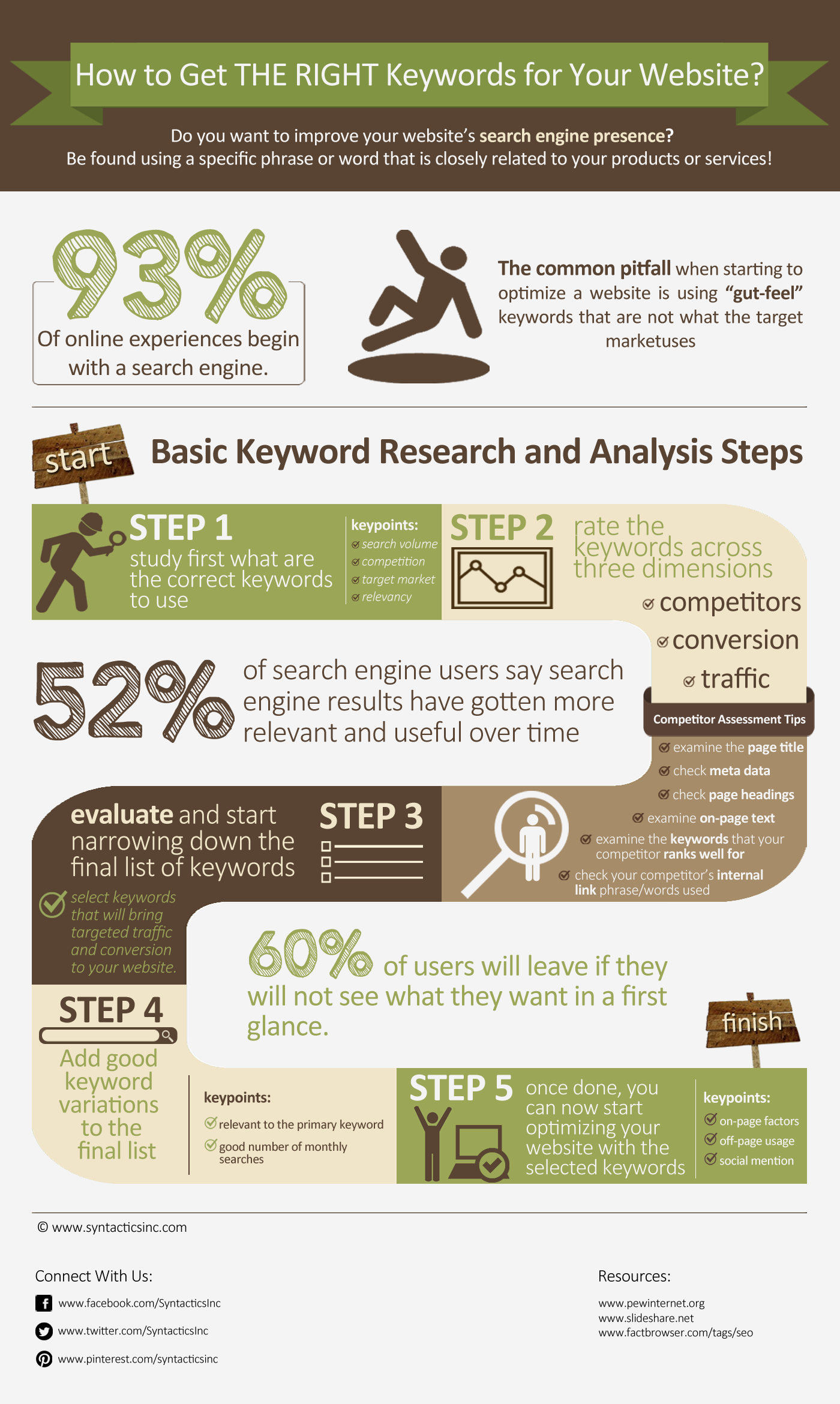The keywords you choose become the basis for your SEO strategy. For this reason, it’s essential to select the right keywords that will maximize your chance of success. Although choosing your business’s keywords might seem like a simple task, there are various factors that are important to consider when selecting your keywords. We’ve compiled a list of the top things to consider when choosing your keywords to help you maximize the success of your SEO strategy.
What Your Customers Are Searching For
The most obvious thing to consider when selecting your keywords is what your customers are searching for. The goal of your SEO strategy is to show up on search results when customers and potential customers are searching, so it’s essential to know what they’re looking for. Consider the types of products or services they’re looking for, common questions they might ask, and common problems they have. Understanding what your customers are looking for is an important step in selecting the right keywords for your SEO strategy.
Services You Want to Promote
In addition to the services your potential customers are typically searching for, it’s important to consider the services you’re looking to promote. When creating an inbound marketing campaign, you’ll want to focus on a particular set of keywords surrounding a service you’re looking to promote. These keywords will be included in your blog posts, calls to action, landing pages, and all content surrounding this campaign. Focusing on the services you’re looking to promote is the best way to make sure that the right kind of traffic is coming to your site.
Your Location
When creating the keywords that your SEO strategy will focus on, it’s a good idea to include your location. You might include a state, city, or region, depending on your focus. Including a location helps ensure that the right users get to your site. Including your location can also help with local search, which provides an additional avenue to show up on the first page of Google’s search rankings. Local search is especially important in mobile searches, which are typically performed on the go.
Google’s Departure From Exact Match
When creating keywords for Google, it used to be important to focus on the exact match. If someone typed in “pizza delivery ct,” Google used to look for an exact match to that search term in its results. However, Google has gotten smarter over the years. It now understands the meaning behind that search and will match it to sites that mention selling pizza and delivering, even if that specific keyword is not mentioned. For this reason, you don’t need to focus on several wordings of the same keyword when creating your list. Instead, create a single keyword for each unique idea and know that you will be covered.
Long Tail Keywords
In addition to local search and Google’s advanced search criteria, another trend that we have seen in recent years is the rise of voice search. Because voice search involves users speaking naturally, the best way to optimize for these searches is to include long tail keywords. These keywords are aimed more at conversational language and often include incorporating “how” and “why” questions that customers are likely to ask. Short keywords can be effective, but a successful SEO strategy will include both short and long tail keywords to maximize success on every search platform.
Keyword Research
One of the best ways to make informed decisions about the keywords you select is to conduct keyword research. This type of research involves looking at your competitors to see their keywords and what they rank for. It also involves looking into common searches that your customers perform as well as common questions and concerns. You can also use keyword analysis tools like Google Analytics to help you gather data on potential keywords. Conducting keyword research is the best way to ensure that you choose the best keywords for your business that will improve traffic and maximize your visibility on Google. If you are unable to conduct this research on your own, consider hiring an SEO agency to conduct the research for you and help you select the optimal keywords.




